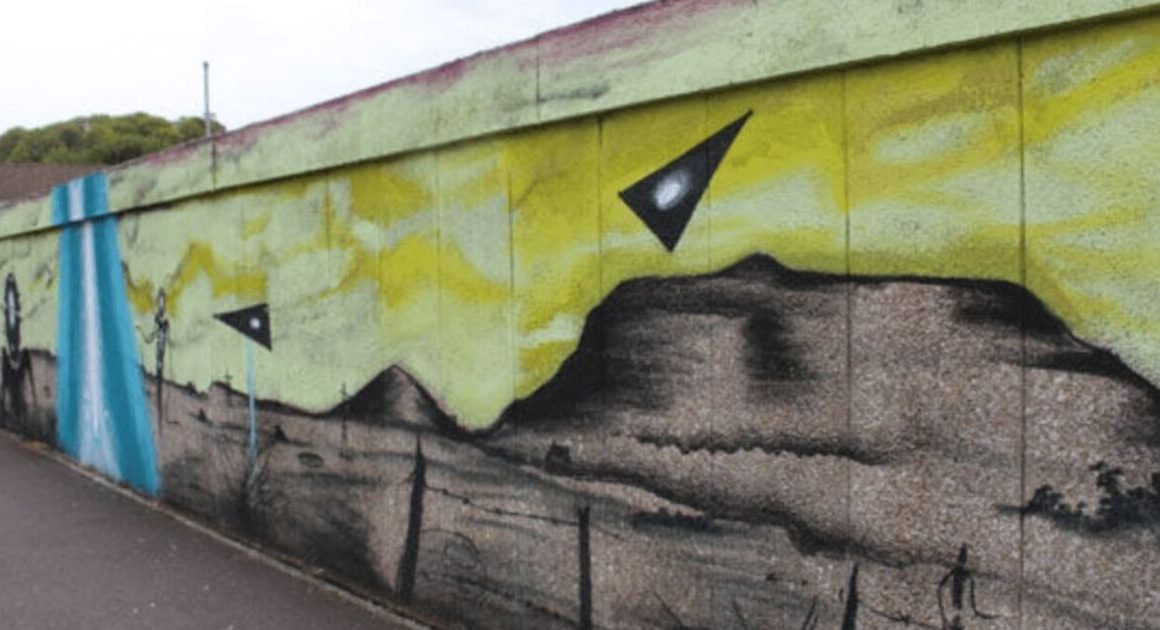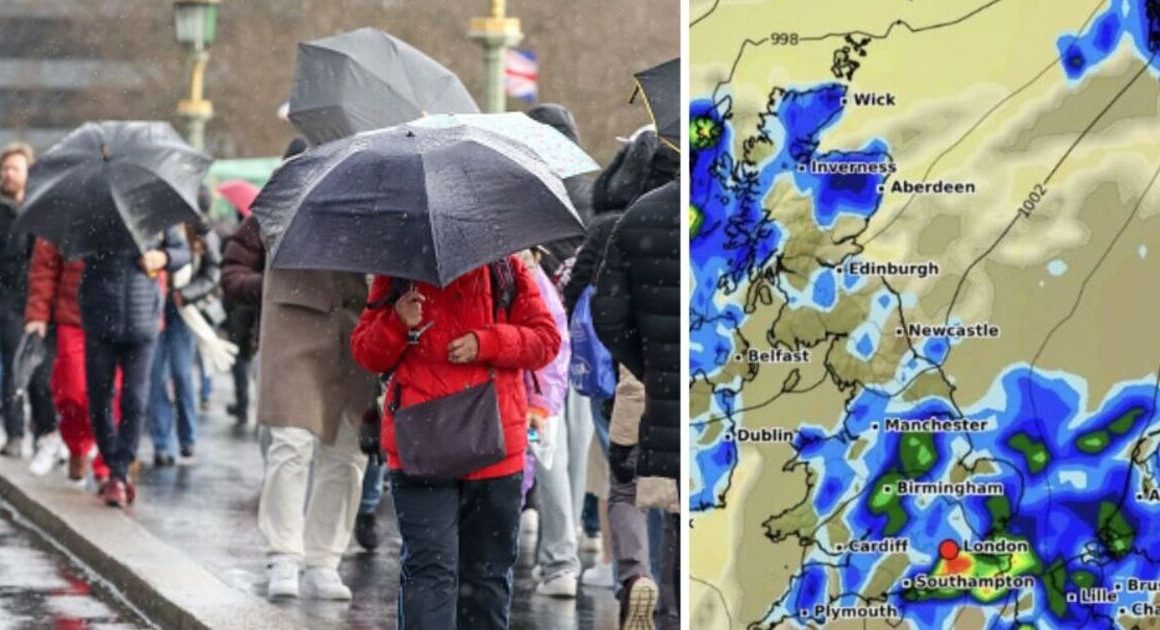A woman who is 20-weeks-pregnant is “fuming” after a mix-up at a posh restaurant meant she accidentally drank a glass of red wine.
Ella Amber shared the shocking story on TikTok as she claimed the restaurant refused to admit to their mistake.
Ella went for a meal at an unnamed restaurant in Birmingham with her husband to celebrate her upcoming birthday. At 20-weeks pregnant, she decided to opt for an alcohol free red wine that was listed on the menu.
She said: “We went to this really nice restaurant in Birmingham and on the menu they had non-alcoholic drink options. There was a non-alcoholic red wine and non-alcoholic white wine. I decided to try the non-alcoholic red wine. I told the waiter I was pregnant.”
After bringing over the ‘non-alcoholic’ red wine, the waiter allegedly told Ella he had “double checked” with the bartender that it was the alcohol-free option.
“I order the drink, he brings it over and he said ‘don’t worry, I’ve double checked and it is non-alcoholic red wine’,” she explained.
“I had a sip, and I thought ‘this is actually really nice’. It tasted just like red wine. I had finished it by my main course so I asked for a second one. There’s me thinking this is just a great brand, what a great find. A waiter brings over the second drink and the bartender runs over and says ‘I’ve given you the wrong one’ so he goes back to get me the non-alcoholic drink.”
After taking a sip of the second glass of wine, Ella quickly realised the first drink had actually been alcoholic red wine, with the non-alcoholic version tasting completely different.
“I have a sip, instantly realise it’s not the same. It tasted like fruit juice. The first one was alcoholic red wine.” The couple decided to mention the mix-up to the waiter who allegedly denies it.
“I didn’t want to make a big thing so my husband mentioned it to the waiter. The bartender said the labels are really similar on the non-alcoholic and alcoholic wine. He goes and gets his manager and she tells us it’s not the case and the reason the first drink tasted different is because the bottle had been left open for a while,” she said.
“Looking back now, I know the restaurant are never going to admit it but I’m so annoyed because I’ve not touched alcohol my entire pregnancy. All day today I’ve had lower back pain and mild period pain. I don’t know if it’s psychological but I’m not going to stress so I’m hoping everything is going to be okay.”
One person in the comments suggested they should have “called the police for a breathalyser” to prove the drink had in fact contained alcohol.
Another wrote: “I am an alcoholic in recovery and was once given rose with lemonade instead of rose lemonade. Had big drink before I realised.”












